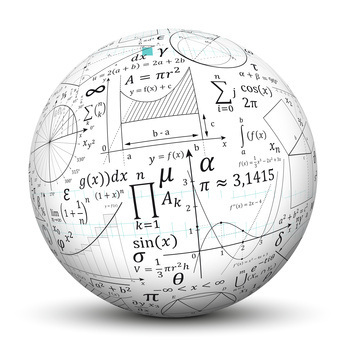Statistics and mathematics — not very helpful for understanding economies Statistical science is not really very helpful for understanding or forecasting complex evolving self-healing organic ambiguous social systems – economies, in other words. A statistician may have done the programming, but when you press a button on a computer keyboard and ask the computer to find some good patterns, better get clear a sad fact: computers do not think. They do exactly what the programmer told them to do and nothing more. They look for the patterns that we tell them to look for, those and nothing more. When we turn to the computer for advice, we are only talking to ourselves … Mathematical analysis works great to decide which horse wins, if we are
Topics:
Lars Pålsson Syll considers the following as important: Economics
This could be interesting, too:
Lars Pålsson Syll writes Schuldenbremse bye bye
Lars Pålsson Syll writes What’s wrong with economics — a primer
Lars Pålsson Syll writes Krigskeynesianismens återkomst
Lars Pålsson Syll writes Finding Eigenvalues and Eigenvectors (student stuff)
Statistics and mathematics — not very helpful for understanding economies
Statistical science is not really very helpful for understanding or forecasting complex evolving self-healing organic ambiguous social systems – economies, in other words.
A statistician may have done the programming, but when you press a button on a computer keyboard and ask the computer to find some good patterns, better get clear a sad fact: computers do not think. They do exactly what the programmer told them to do and nothing more. They look for the patterns that we tell them to look for, those and nothing more. When we turn to the computer for advice, we are only talking to ourselves …
Mathematical analysis works great to decide which horse wins, if we are completely confident which horses are in the race, but it breaks down when we are not sure. In experimental settings, the set of alternative models can often be well agreed on, but with nonexperimental economics data, the set of models is subject to enormous disagreements. You disagree with your model made yesterday, and I disagree with your model today. Mathematics does not help much resolve our internal intellectual disagreements.
Indeed. As social researchers we should never equate science with mathematics and statistical calculation. All science entail human judgement, and using mathematical and statistical models don’t relieve us of that necessity. They are no substitutes for doing real science. .
 Mathematics is one valuable tool among other valuable tools for understanding and explaining things in economics.
Mathematics is one valuable tool among other valuable tools for understanding and explaining things in economics.
What is, however, totally wrong, are the utterly simplistic beliefs that
• “math is the only valid tool”
• “math is always and everywhere self-evidently applicable”
• “math is all that really counts”
• “if it’s not in math, it’s not really economics”
And in case you think this critique is some odd outcome of heterodox idiosyncrasy, well, maybe you should think twice …

